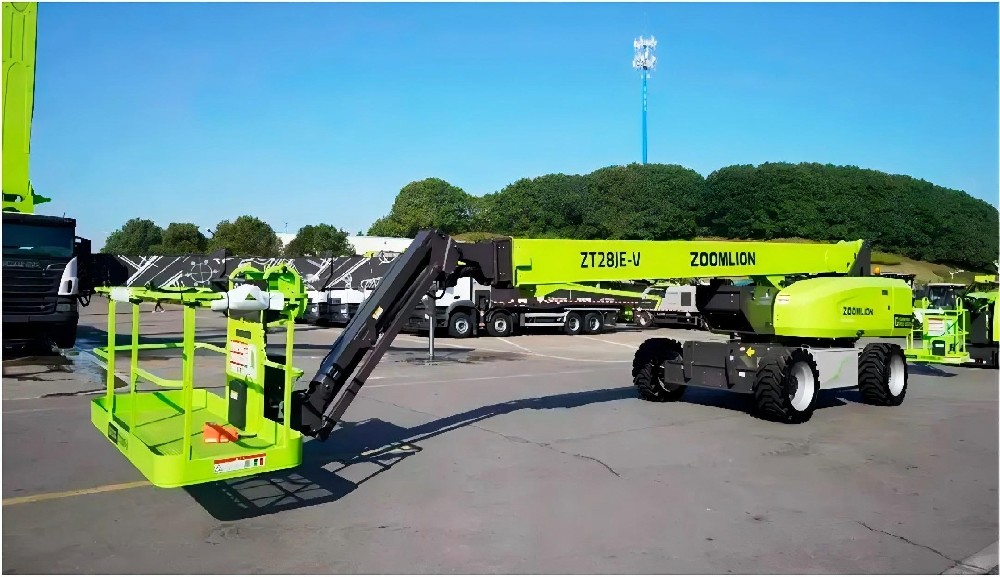The Transformation of Construction Equipment Industry under New Energy and the Significance of Hydraulic Control System Cost Reduction and Efficiency Improvement

In 2025, the construction equipment industry faces a downward market trend, but the development of new energy brings new opportunities and directions for transformation.
The Direction of Transformation under New Energy Development
Electric power is one of the key directions. Electric excavators, loaders, and other equipment are developing rapidly. With the continuous improvement of battery technology, the power and endurance of electric equipment are gradually meeting the demands of construction, and their market share is continuously increasing. Hydrogen energy is also an important field. Hydrogen fuel cell technology provides a solution with longer endurance and zero emissions for large construction equipment. Although it currently faces challenges such as high costs and inadequate hydrogen refueling infrastructure, its potential is enormous. Additionally, hybrid power systems, combining the advantages of electric and traditional internal combustion engines, not only extend the operating range of equipment but also enhance power performance while reducing fuel consumption and emissions.
Intelligent control is another critical direction. Leveraging sensors, controllers, and communication technologies, construction equipment can achieve automated operations, remote monitoring, and intelligent management. For example, through GPS positioning and laser sensing technologies, excavators can automatically control excavation depth and slope, improving construction efficiency and quality while reducing labor intensity and operational errors.
The Significance of Hydraulic Control Systems in New Energy Construction Equipment
Hydraulic systems remain a core component of construction equipment, and advanced hydraulic control systems play a significant role in enhancing the performance of new energy construction equipment. Electric proportional valves and pilot hydraulic control systems enable precise control of hydraulic oil pressure, flow, and direction, improving operational stability and responsiveness. For instance, electric proportional valves can adjust hydraulic parameters in real time based on operational needs, ensuring smooth and accurate actions of actuators, which is crucial for improving work efficiency and quality.
Hydraulic control systems help optimize energy management in new energy construction equipment. By integrating energy recovery and regeneration technologies, hydraulic systems can recover and reuse energy generated during equipment braking and descent, enhancing energy utilization efficiency and extending battery life. For example, in electric excavators, hydraulic systems can recover energy from the arm’s descent and store it in batteries for reuse, reducing energy waste.
Energy-saving hydraulic systems significantly lower operational costs. Traditional hydraulic systems often experience energy losses due to throttling and leakage. However, new energy construction equipment adopts advanced energy-saving hydraulic systems, such as load-sensing hydraulic systems and variable displacement pumps, which reduce energy waste and lower operating costs. For example, load-sensing hydraulic systems adjust pump output based on actual load requirements, avoiding excessive energy consumption and achieving energy savings of 15%-30%.
In the coming years, the construction equipment industry will transition toward new energy and intelligent development. Hydraulic control systems will play a vital role in this transformation. By continuously innovating and optimizing hydraulic control technologies, the industry can enhance the performance and competitiveness of new energy construction equipment, driving sustainable development of the entire sector.
In conclusion, against the backdrop of a market downturn in 2025, the construction equipment industry is exploring new development opportunities under the trend of new energy. The transformation direction of new energy construction equipment and the application of hydraulic control systems hold significant importance for the industry’s future. Companies should actively embrace technological innovations to adapt to market changes and achieve sustainable growth.